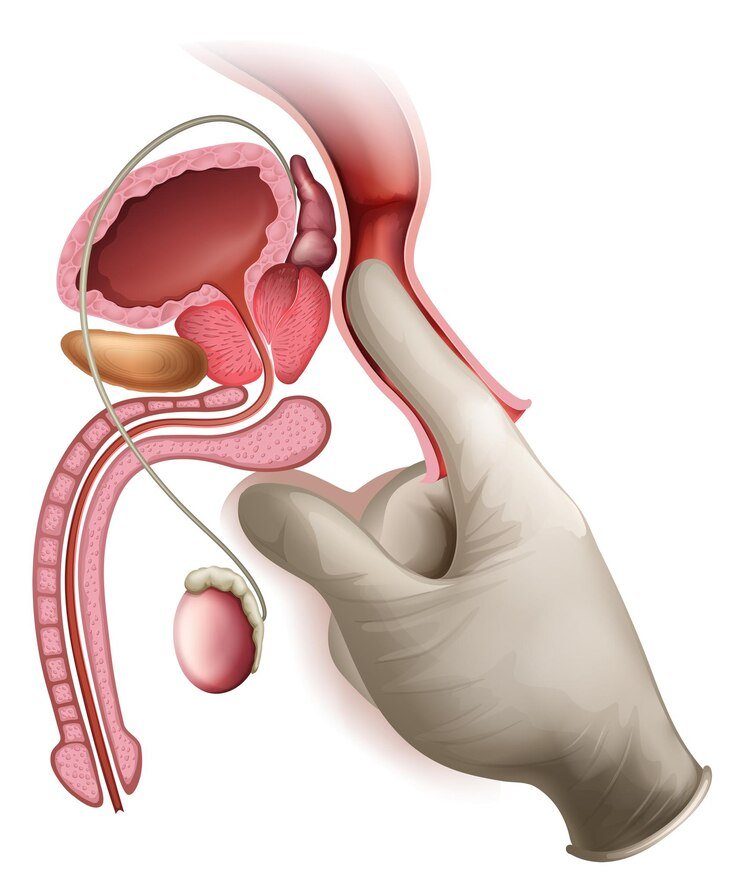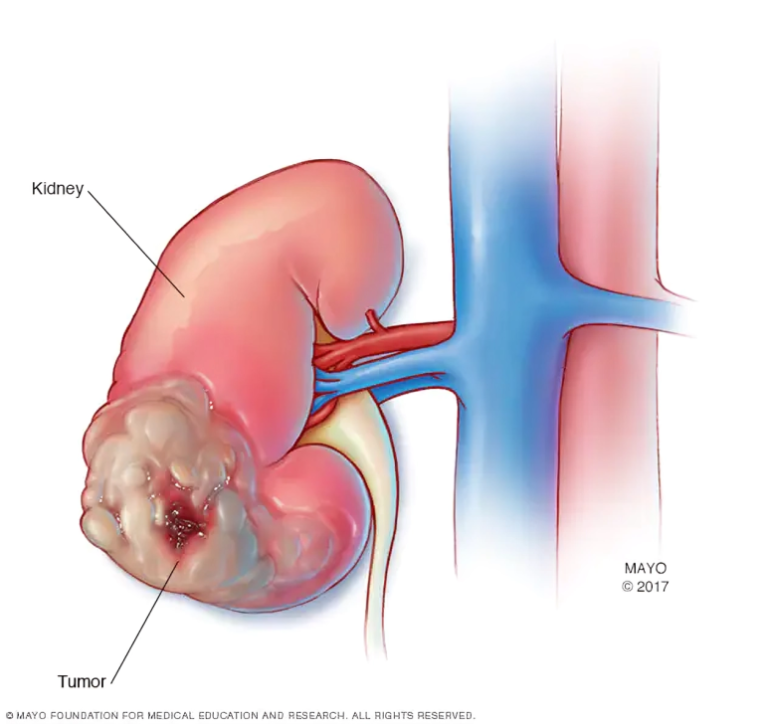Navigating the Painful Path: Understanding and Managing Ureteric Stones.
Ureteric stones, also known as kidney stones, are a common urological condition that can cause excruciating pain and discomfort. These small, hard deposits form in the kidneys and can travel down the ureters, the tubes connecting the kidneys to the bladder. In this article, we will explore the causes, symptoms, diagnosis, and management of ureteric stones, shedding light on the journey of those who navigate this painful condition.
Understanding Ureteric Stones
Ureteric stones develop when certain substances in the urine, such as calcium, oxalate, and uric acid, crystallize and form solid masses. These stones can range in size from a grain of sand to a larger, more obstructive size. As they move through the urinary tract, they can cause intense pain and may lead to complications such as urinary tract infections and kidney damage.
Causes
- Dehydration: Insufficient fluid intake can lead to concentrated urine, increasing the likelihood of stone formation.
- Dietary Factors: High intake of oxalate-rich foods, such as beets, nuts, and chocolate, can contribute to stone formation. Similarly, a diet high in salt and animal proteins may increase the risk.
- Medical Conditions: Certain medical conditions, like hyperparathyroidism or urinary tract infections, can predispose individuals to develop ureteric stones.
Symptoms
The symptoms of ureteric stones can be intense and sudden, often referred to as “renal colic.” Common symptoms include:
- Severe Flank Pain: Pain usually starts in the back, below the ribs, and may radiate to the lower abdomen and groin.
- Hematuria: Blood in the urine may be present, giving it a pink or reddish color.
- Frequent Urination: The urge to urinate may increase, and the process may be painful.
- Nausea and Vomiting: Severe pain can trigger nausea and vomiting in some cases.
Diagnosis
- Imaging Tests: X-rays, CT scans, or ultrasounds are commonly used to visualize the stones and assess their size and location.
- Urine Analysis: Testing the urine for blood and other substances can help determine the type of stone and guide treatment.
- Blood Tests: Blood tests may be conducted to assess kidney function and identify any underlying conditions contributing to stone formation.
Management
- Pain Management: Pain relief is a priority in treating ureteric stones. Nonsteroidal anti-inflammatory drugs (NSAIDs) or opioids may be prescribed to alleviate pain during stone passage.
- Hydration: Adequate fluid intake helps flush out the stones and prevents their formation. Patients are often encouraged to drink plenty of water.
- Medical Expulsion Therapy: Medications such as alpha-blockers may be prescribed to relax the muscles in the ureters, facilitating the passage of stones.
- Lithotripsy: Extracorporeal shock wave lithotripsy (ESWL) uses shock waves to break larger stones into smaller fragments that can be passed more easily.
- Surgical Intervention: In cases where stones are too large or causing severe complications, surgical procedures like ureteroscopy or percutaneous nephrolithotomy may be necessary to remove or break down the stones.
Prevention
- Hydration: Maintaining proper fluid intake is crucial to prevent the concentration of minerals in the urine.
- Dietary Modifications: Adjusting the diet to limit oxalate-rich foods and reducing salt and animal protein intake may help prevent stone formation.
- Regular Monitoring: For individuals prone to recurrent stones, regular medical check-ups and monitoring of urinary parameters are essential.
Conclusion
Ureteric stones can be a painful and challenging condition to navigate. Understanding the causes, recognizing symptoms, and seeking prompt medical attention are pivotal steps in managing this urological issue. With advancements in medical treatments and a focus on preventive measures, individuals dealing with ureteric stones can find relief and take steps toward a healthier, stone-free future. As with any medical condition, consultation with healthcare professionals ensures personalized care and an effective approach to managing ureteric stones.







